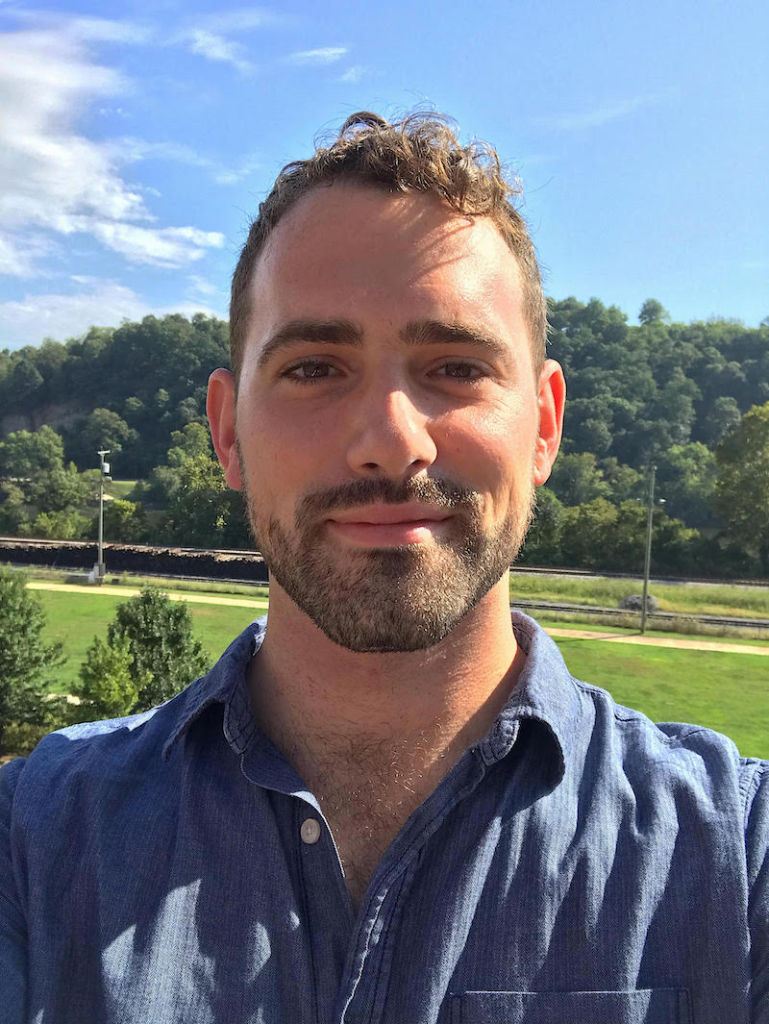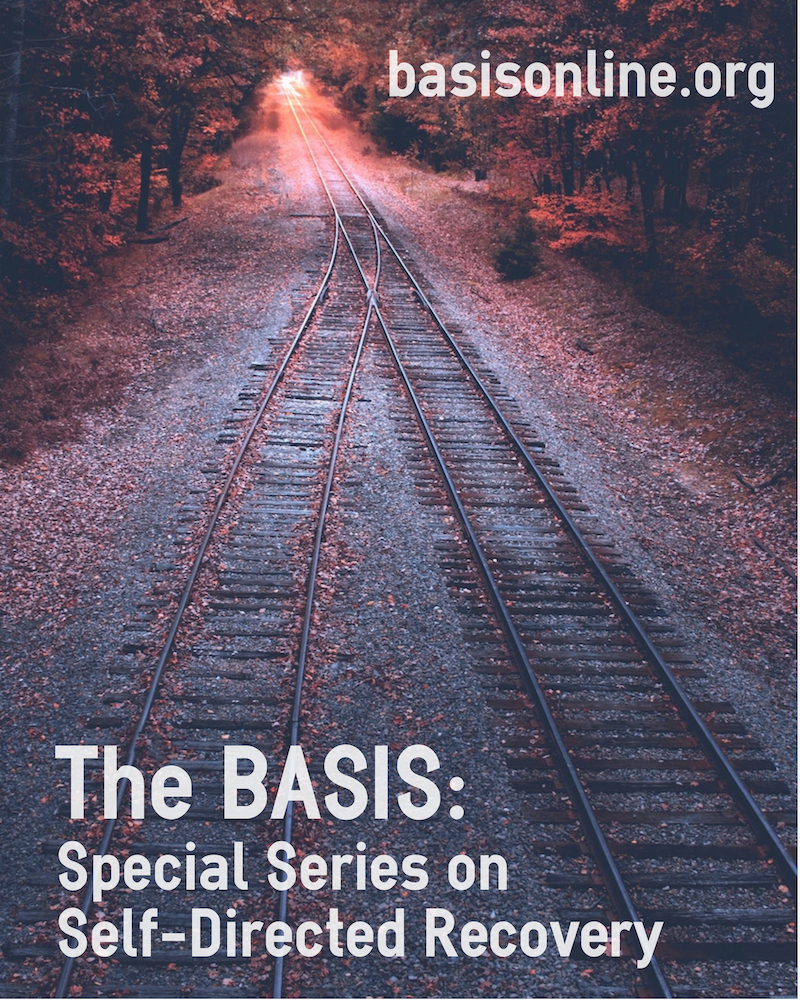Introduction to the Special Series on Self-Directed Recovery
 I recently attended a presentation about motivational interviewing.1 A practicing clinician raised his hand and asked the presenter what he should do about "true alcoholics." The way he asked this question is telling. It reveals what he thinks about people with substance-related problems. He seemed to infer that people with addiction are resistant to change. Perhaps he held a common belief that change is impossible without therapy and complete abstinence. The danger in thinking this way is that it can become a self-fulfilling prophecy: clinicians' attitudes and behaviors can suggest to clients that change is unlikely or even impossible. As a result, clients might start to believe it.
I recently attended a presentation about motivational interviewing.1 A practicing clinician raised his hand and asked the presenter what he should do about "true alcoholics." The way he asked this question is telling. It reveals what he thinks about people with substance-related problems. He seemed to infer that people with addiction are resistant to change. Perhaps he held a common belief that change is impossible without therapy and complete abstinence. The danger in thinking this way is that it can become a self-fulfilling prophecy: clinicians' attitudes and behaviors can suggest to clients that change is unlikely or even impossible. As a result, clients might start to believe it.
During the late 1980s, Drs. Howard Shaffer and Stephanie Jones wrote a book called Quitting Cocaine. They wanted to learn about how people recover from cocaine addiction without any formal treatment. Many of the people who recovered from cocaine dependence were surprised to learn that someone wanted to study them. They were even more surprised when they learned that others also had quit without any treatment. These people had never talked openly about successfully quitting because they feared that others would force them into treatment. They also wanted to avoid others who argue that they would inevitably relapse because they did not attend formal treatment.
Professional treatment for substance use behaviors is an important tool for recovery, but it is not the only way to quit. Many people who misuse psychoactive substances or experience behavioral addictions recover on their own, without the help of formal treatment. In other words, their recovery is self-directed. Roughly 25% of people screening positive for alcohol use disorder during their lifetime report no symptoms in the past year, despite never having received treatment for alcohol-related problems. About one-third of people with gambling disorder report similar experiences. Contrary to what many people believe, people can and do recover without seeking formal assistance. If more people understood that self-directed recovery is possible, and if researchers spent more time understanding the processes that contribute to change, then we might be able to improve people's confidence in their own ability to recover.
At the Division on Addiction, we want to encourage readers to recognize that there are many paths to recovery. For this reason, we are pleased to announce that we are dedicating the entire month of November to a Special Series on Self-Directed Recovery. This month you will have the opportunity to learn about some recent studies exploring recovery from addiction outside of formal treatment. On November 6, we will review a study of self-directed change among people with gambling-related problems. A week later, our second science review of the month will be examining the relationship between viewing oneself as a “problem drinker” and the course of self-directed recovery from alcohol use disorder. Then, on November 13th, we will review a study that investigates negatives moods and beliefs about anxiety and how these relate to self-directed smoking cessation. And finally, we will wrap up this special series with a study exploring social factors that contribute to different types of recovery. We will supplement these science reviews with an op-ed by Dr. Wendy Slutske, a researcher who pioneered research on self-directed recovery from gambling-related problems. Dr. Slutske currently studies the genetics of substance using populations of twin siblings.
We hope that you enjoy and learn from this Special Series. If you have your own stories to share or want to be a part of a thoughtful conversation about recovery, please comment below.
— Pat Williams
What do you think? Please use the comment link below to provide feedback on this article.
1 Motivational interviewing is a therapeutic enhancement designed to stimulate or magnify a client’s motivation to change.
